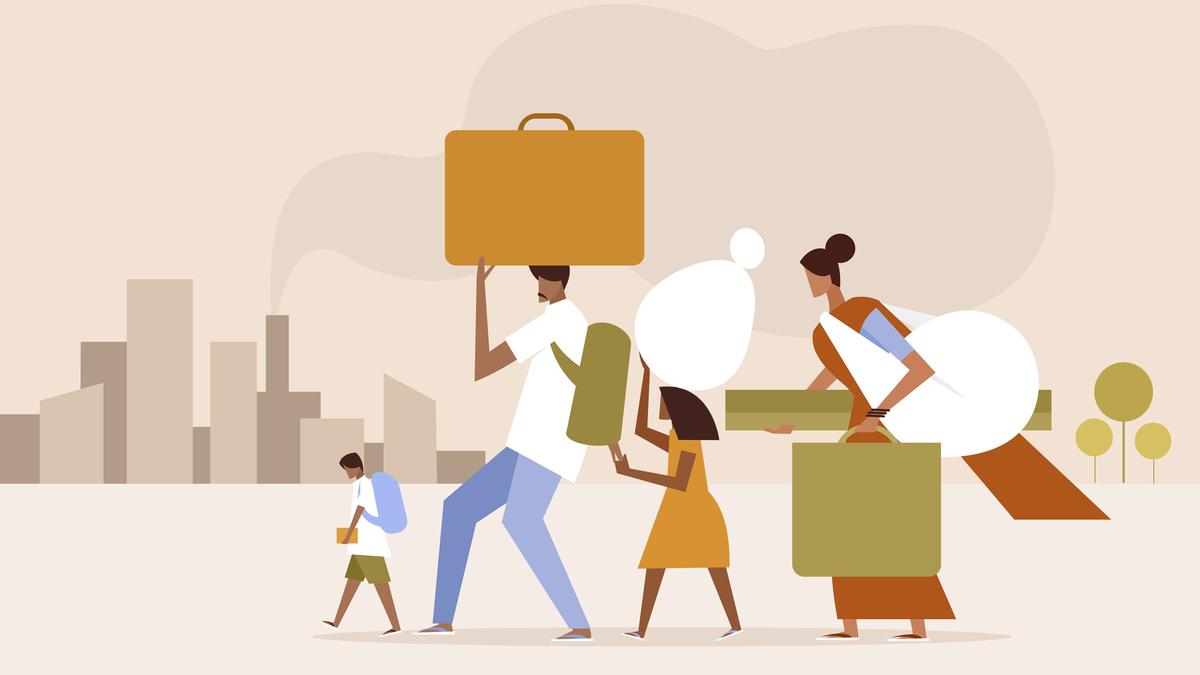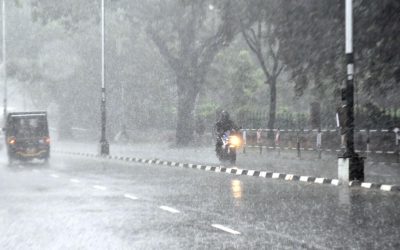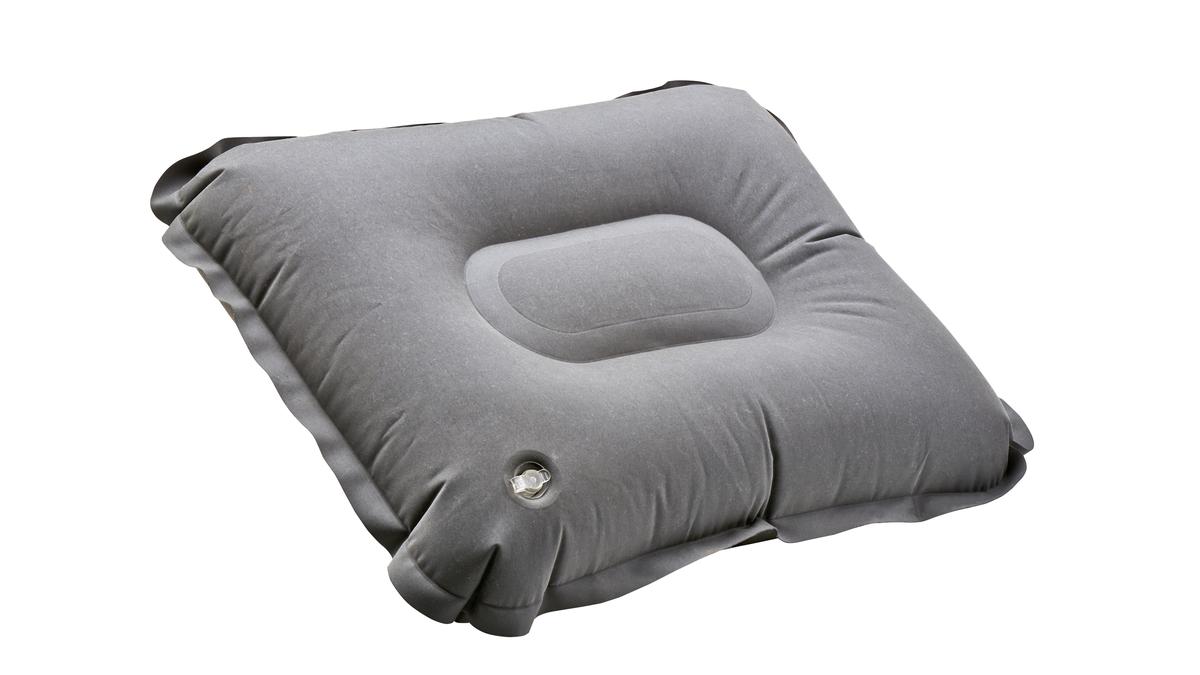A lakh rupees and a plastic sheet


The path of the migrants.
| Photo Credit: ajijchan
In the shadow of despair and helplessness, a chance encounter with migrant workers reframed my understanding of resilience and privilege.
Amid heavy rain, I stood under a shed opposite the hospital where my mother was admitted. Despite every treatment, her condition remained unchanged. Each day dragged on as if it would never pass. Despair and helplessness loomed so large that they eclipsed every other thought.
It was the monsoon, and rain had become a daily affair. From the shed, I had been noticing a few men for days. They wrapped themselves in plastic sheets and lay down on the footpath for their night’s sleep. For them, the rain was only background noise, as if they had already made peace with the despair it carried. That day, while wrestling with my own helplessness, I felt compelled to speak to them.
At first, they hesitated, wary of being asked to move. But once reassured, they began to open up. They had come from distant villages to work in catering, wash dishes, carry utensils, and take up any job that came their way to support their families. Their only possession was a mid-sized bag, barely large for a couple of changes of clothes. It also carried the plastic sheet they used each night, leaving little room for anything else. Their existence felt pared down to its most elemental form: survival stripped of any illusion of choice.
As I listened, I could not help but think of the medical expenses for my mother’s treatment, an uncertain battle at best, running to more than a lakh rupees a day. The contrast was impossible to ignore.
For them, a lakh was unimaginable wealth. It could take them back to their homes, reunite them with their families, and perhaps even allow them to start something of their own. For me, the same amount was being spent each day, yet it brought no visible improvement to my mother’s health. The irony pressed on me. Amid despair and helplessness, another feeling quietly surfaced: privilege. Even in my darkest hour, I realised I stood on ground that others might see as a fortune.
The hospital and the footpath felt like parallel worlds. In one, my mother’s despair was carried with resilience amid relative abundance. In the other, despair was born of scarcity, yet met with resilience nonetheless. In the end, one had a lakh rupees, the other a plastic sheet, each a shield against despair. And somehow, the plastic sheet seemed to hold a kind of peace that I could not find for myself. That moment in the rain gave me a perspective I had not expected. The pain did not leave me, but it changed its colour. And in that change, the thought found its place: from a neutral perspective, could it be said that the money would do more good in their hands than in mine?
sinhajyotirman@gmail.com
Published – November 09, 2025 02:44 am IST




